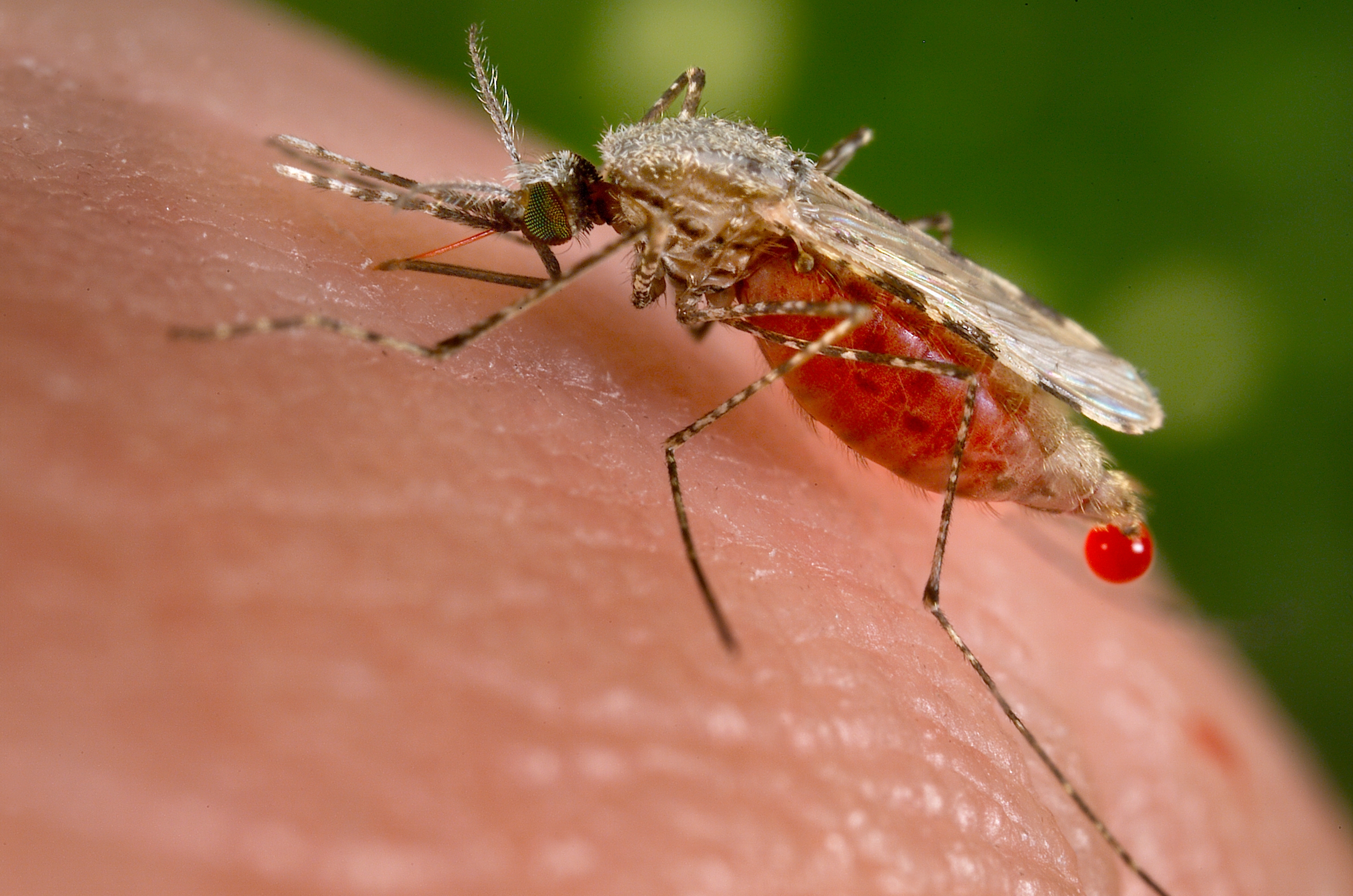What is the most dangerous animal in Africa?
The Mosquito
Responsible for an estimated 1,000,000 deaths per year
Although the tiny mosquito may look far less impressive than the other large creatures on this list, it is far and away the most dangerous animal in Africa, and the world.
Then comes the Hippopotamus, responsible for an estimated 3,000 deaths per year
With so many dangerous animals in Africa, many people often overlook the fact that the hippopotamus is actually the biggest killer of humans of all large African animals. Although hippos are herbivores, these highly territorial animals are estimated to kill an incredible 3,000 people each year. Male hippos fiercely defend their territories, which include the banks of rivers and lakes, while females hippos can get extremely aggressive if they sense anything getting in between them and their babies, who stay in the water while they feed on the shore.
Hippos weigh up to 1,500 kg, the third biggest animal in Africa behind the elephant and rhino – and can run on land at speeds of up to 30 km per hour. Combine this with their aggressive nature, agility in and out of the water, and sharp, half-meter teeth in enormous jaws and you can understand why hippos can make for such a fearsome creature to encounter.
At a distant third the African Elephant responsible for an estimated 500 deaths per year
Reaching weights of up to 7,000 kg the world’s largest land animals can often be unpredictable, with older bull elephants, young males, and elephants with babies particularly dangerous to anything that crosses their path. Unprovoked attacks by African elephants on humans are occasionally reported, usually by male elephants in must (a sexually active period when testosterone levels increase).
Whilst they may seem like relatively relaxed animals, each year around 500 human fatalities are caused by African elephants by trampling and crushing their victims. In areas where poaching occurs, or the elephants’ habitat is in danger, elephants tend to be much more aggressive.

More frequently asked questions on the Mosquito
More frequently asked questions on: Mammals
Is there a specific breeding season, and how long is the gestation period of a cheetah?
What is the life span of a lesser bushbaby?
Is the leopard a solitary animal?
What do Lesser Bushbabies eat?
Why to male lions kill cubs that are not their own?
Are Suni endangered?
What does a Serval look like?
What is the best time of day to see Elands in Kruger National Park?
Can visitors go on walking safaris to see mammals in Kruger National Park?
Are Mountain Reedbucks endangered?
Where can I see Mountain Reedbucks in the Kruger Park?
What do Mountain Reedbucks eat?
What type of habitat do spotted hyenas prefer?
What do Mountain Reedbucks look like?
What are lions breeding habits?
What is a Mountain Reedbuck?
Do lions move around during the day?
What are the preferred prey species of lion?
Are spotted hyenas social animals?
Are Mountain Reedbucks dangerous?
How long do Honey Badgers live?
What is the gestation period for spotted hyenas?
What are the main physical features of the Lesser Bushbaby?
Are there any endangered mammal species in Kruger National Park?
How can you tell the difference between male and female spotted hyenas?
When do hyaenas hunt?
Do all male lions possess a mane?
What is the distribution of lions in the Kruger Park?
Where can Elands be found in Kruger National Park?
Do baboons have a specific leader and how is dominance established?
At what age are lions sexually mature?
What do Elands eat?
Do Thick Tailed Bushbabies demarcate their territory?
What is the purpose of roaring and when do lions roar?
Are Aardwolves endangered?
Do lions scavenge?
Do lions communicate well?
What does a Thick Tailed Bushbaby look like?
How far can cheetah run at top speed?
How long do Blue wildebeest live?
Do you want to test your knowledge on the animals of the Kruger National Park?